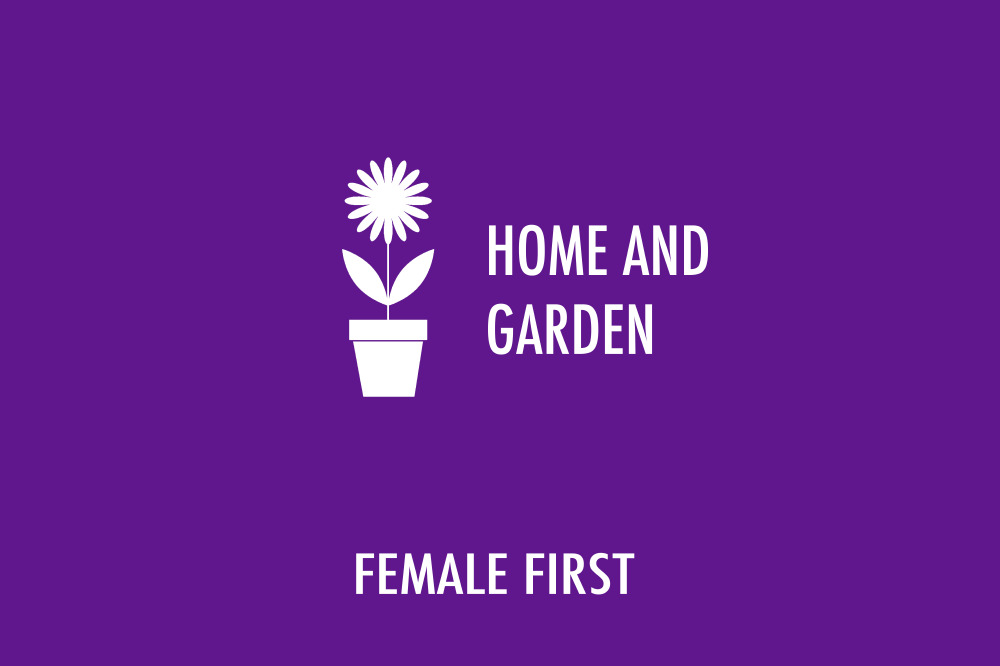Mealworms could be crucial to solving the plastic pollution problem affecting the world, scientists have said.

Home and Garden on Female First
Plastic has long been considered non-biodegradable, and it is one of the largest contributors to global pollution, but new research has revealed that mealworms, which are the larvae form of the darkling beetle, can transform plastic into safe biodegradable waste.
According to recent studies published in Environmental Science and Technology, microorganisms that are able to biodegrade polyethylene exist inside the mealworm's gut.
The common worms transformed the plastic they ate into carbon dioxide, worm biomass and biodegradable waste, which seemed safe to use in soil for plants and even crops, the studies said.
Stanford University engineer Wei-Min Wu told CNN that the findings were "revolutionary": "This is one of the biggest breakthroughs in environmental science in the past 10 years," he said in an interview.
Researchers hope that by understanding the mechanisms of the mealworm's gut, they can develop new ways of degrading plastic waste or perhaps designing plastic that can easily be biodegraded. The humble mealworm could help inspire new solutions to the crisis of accumulating waste created by people.
Tagged in environment

